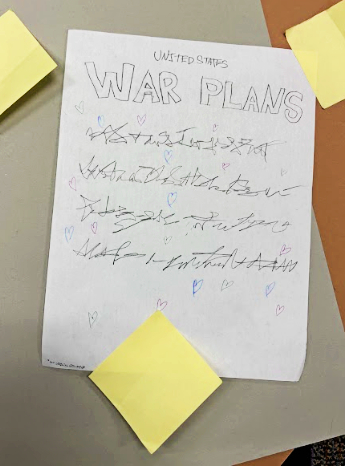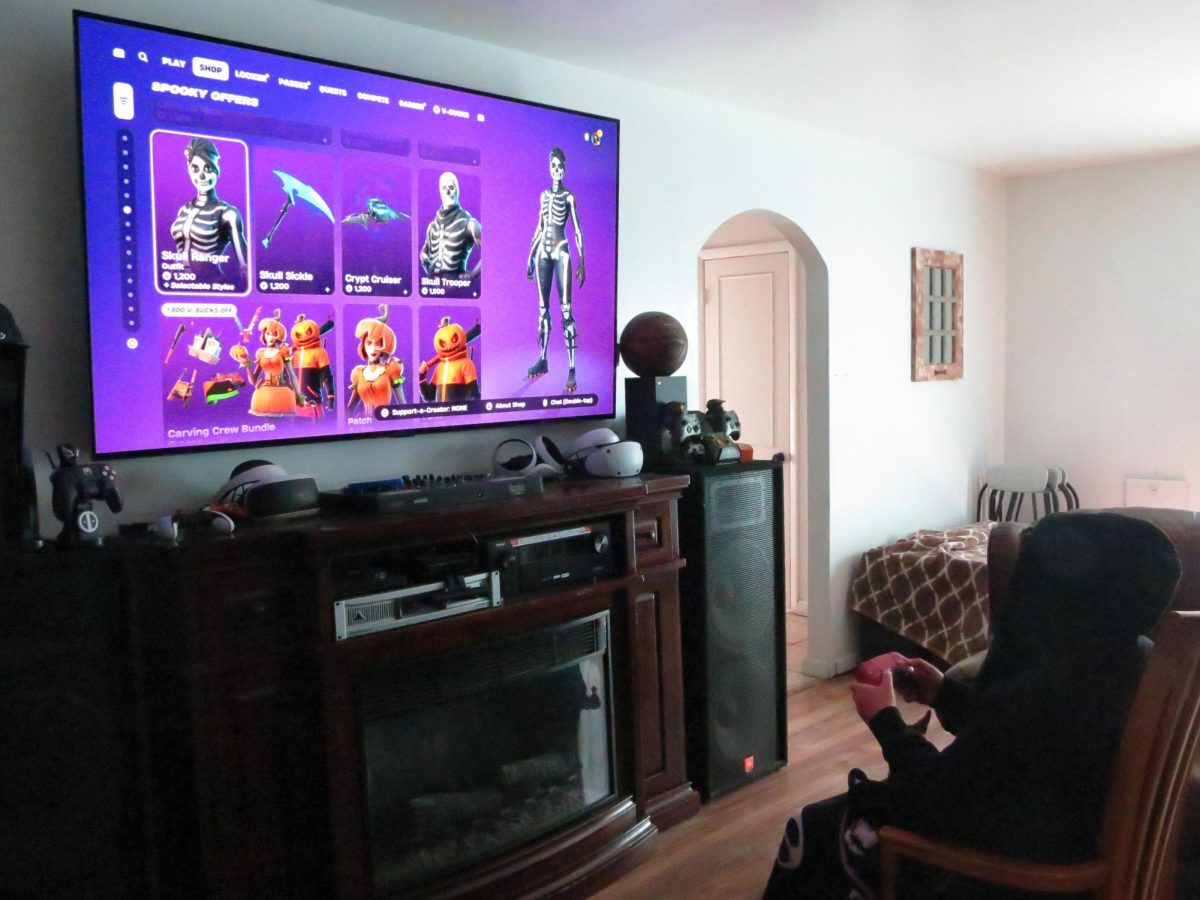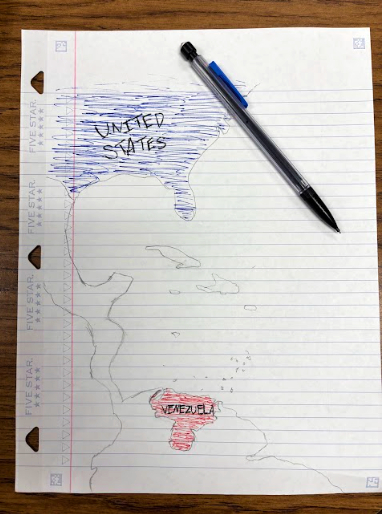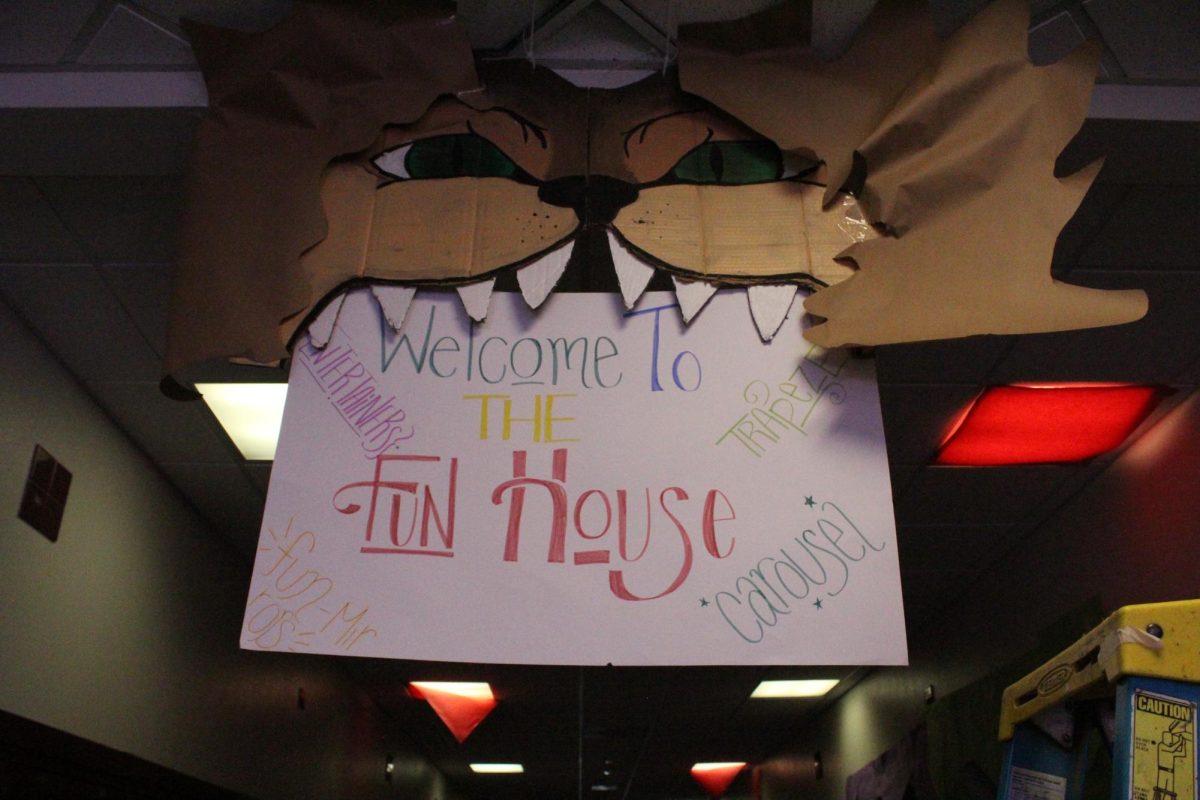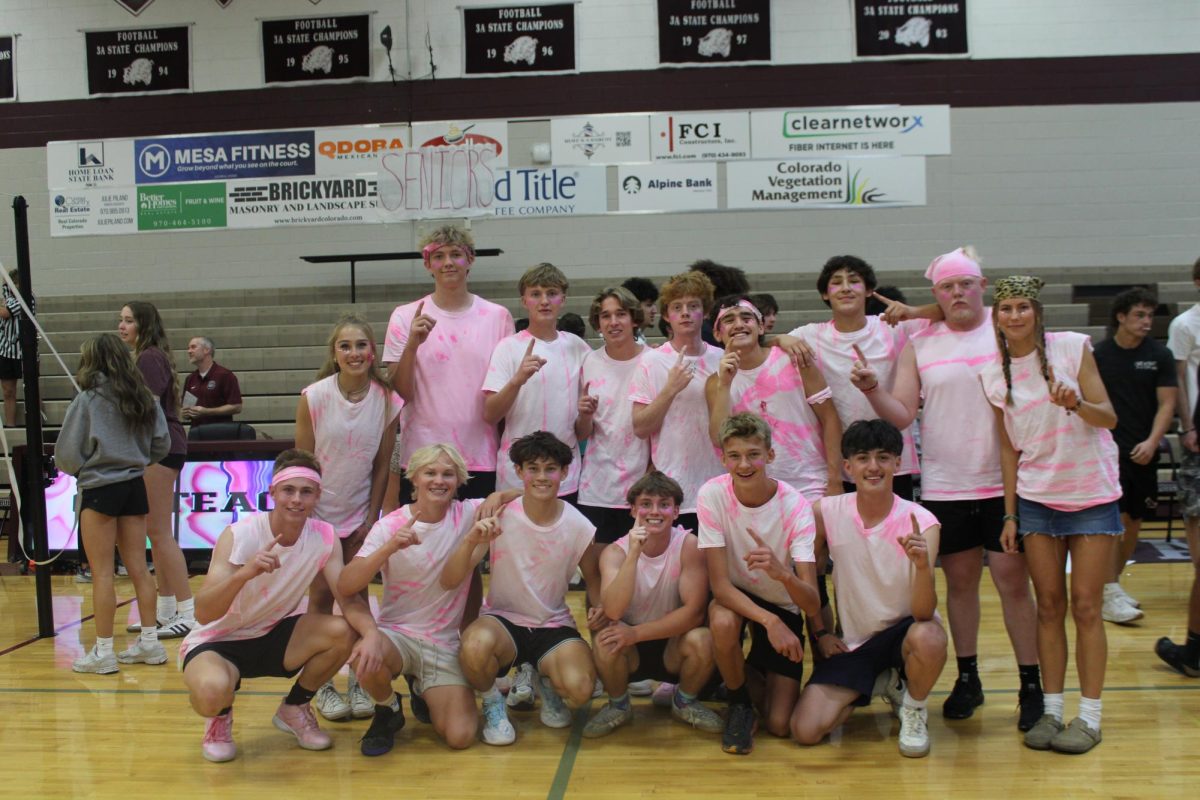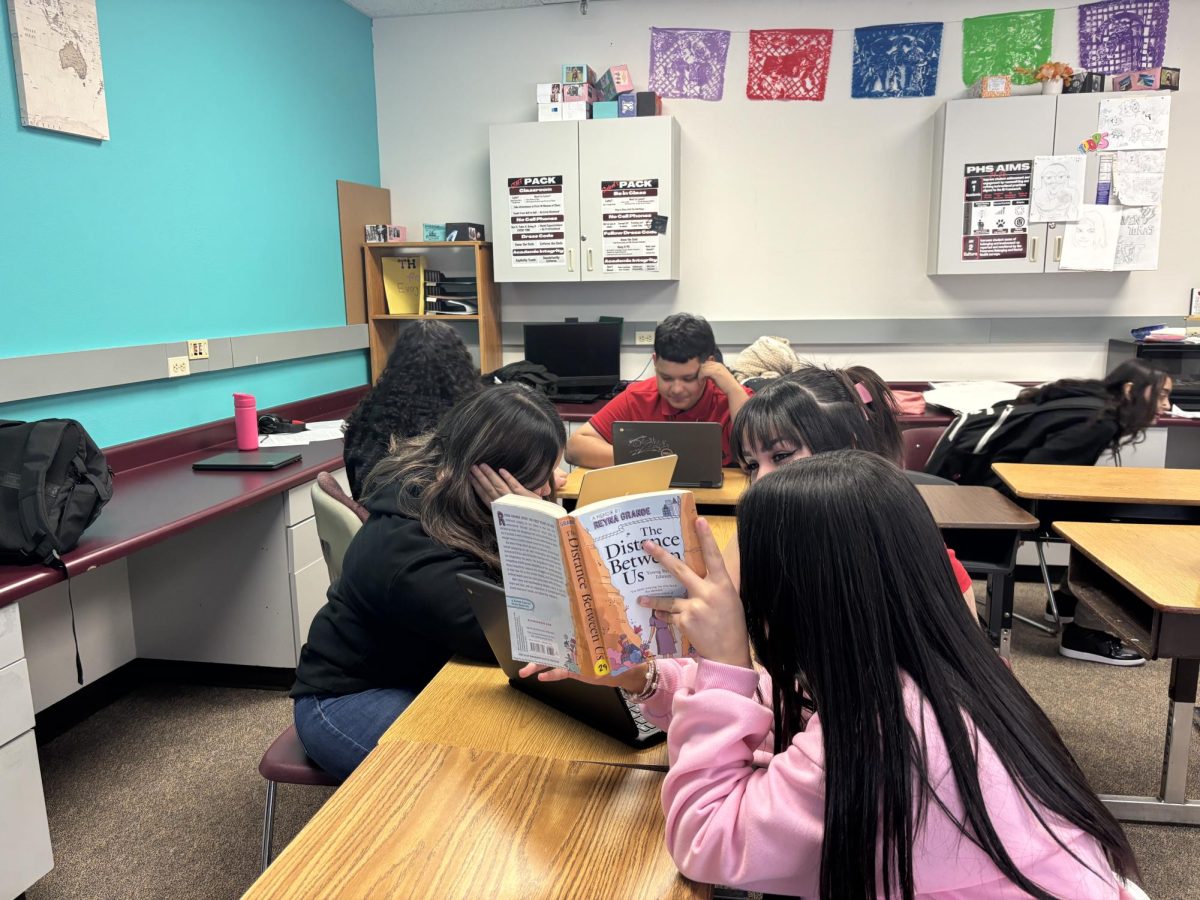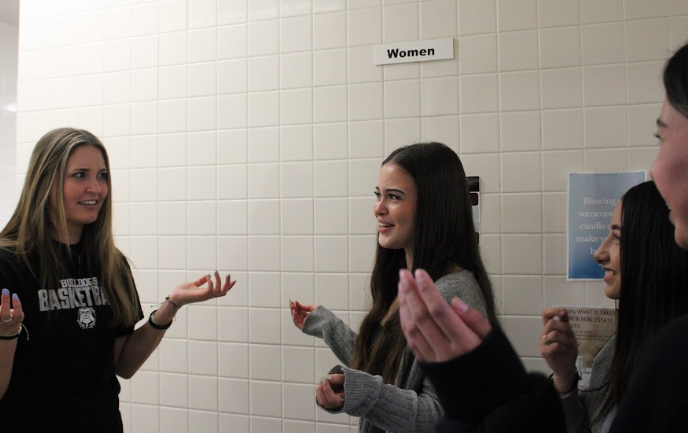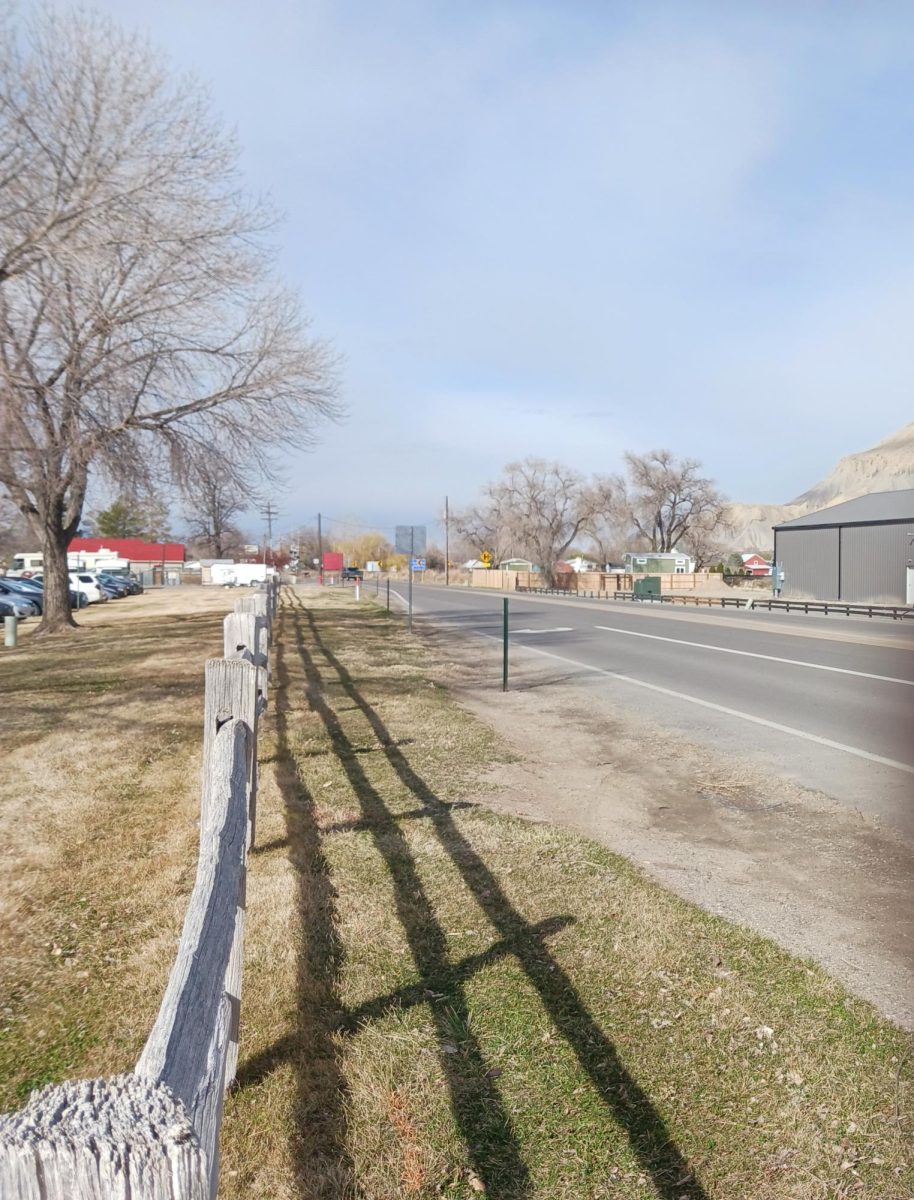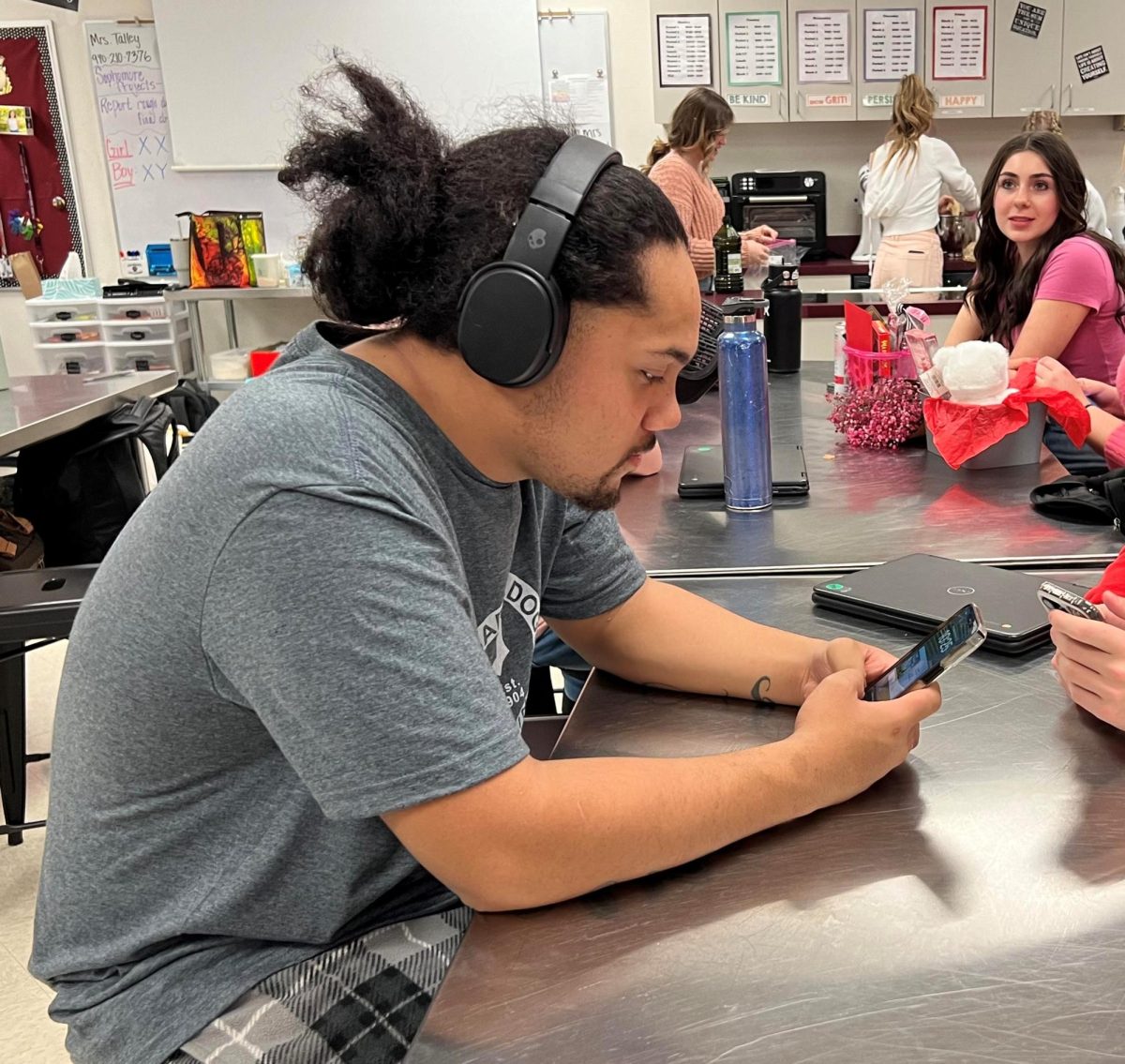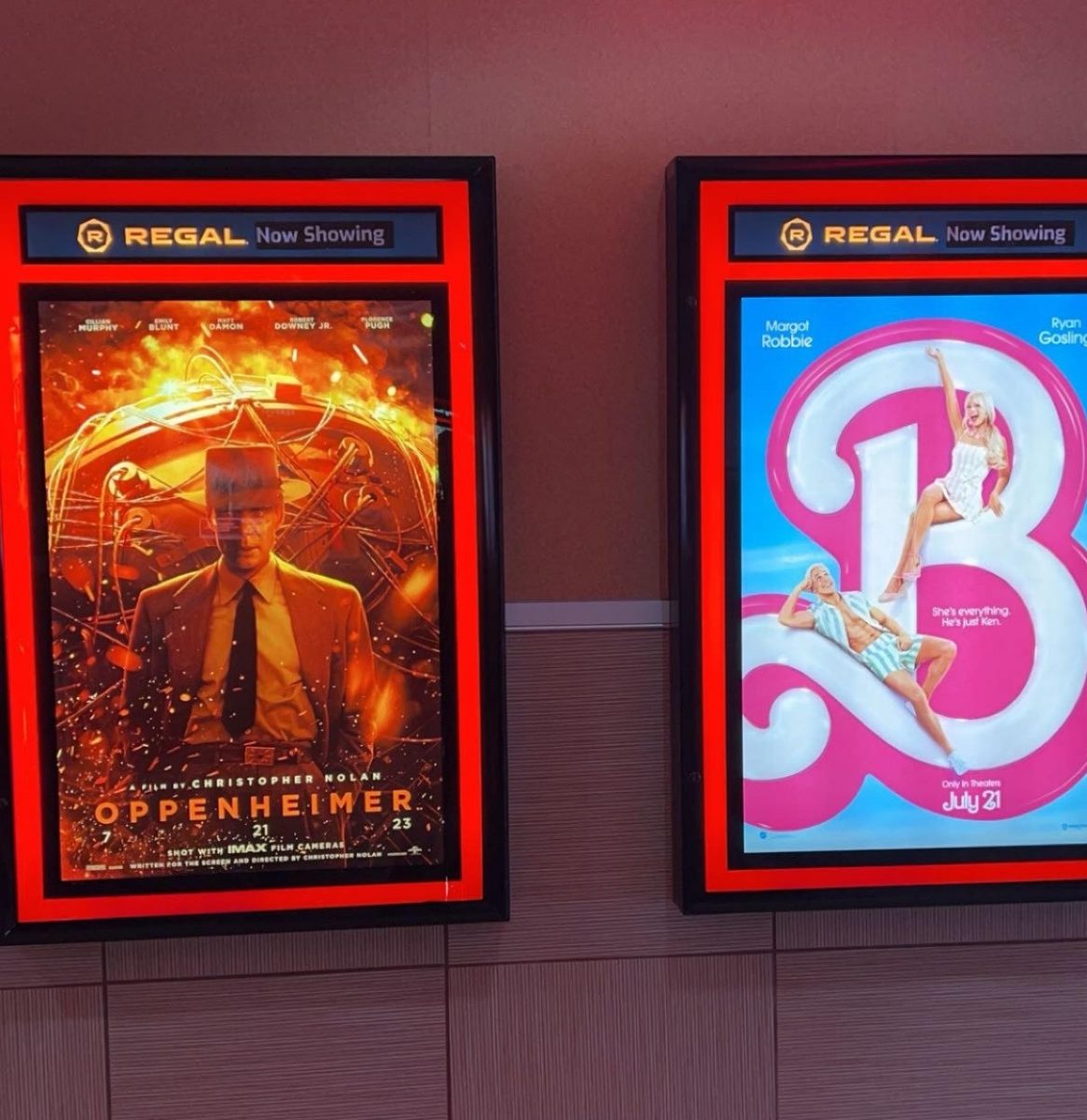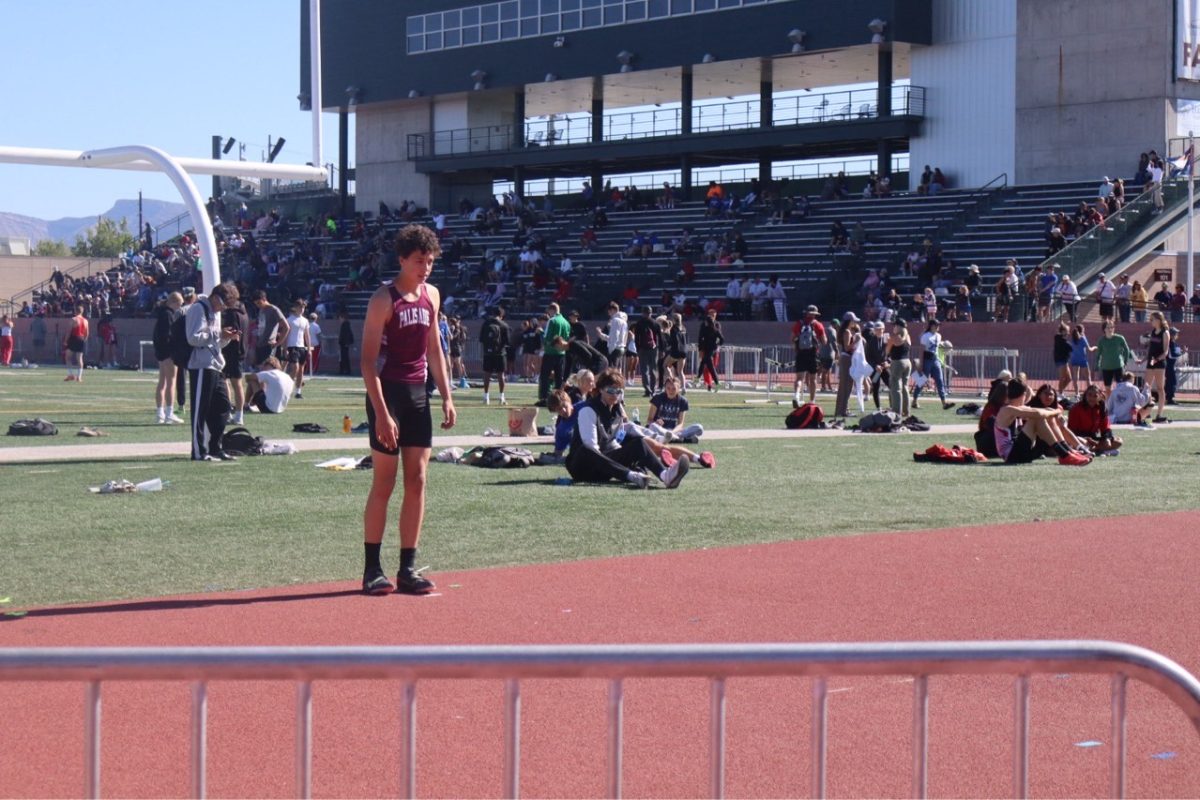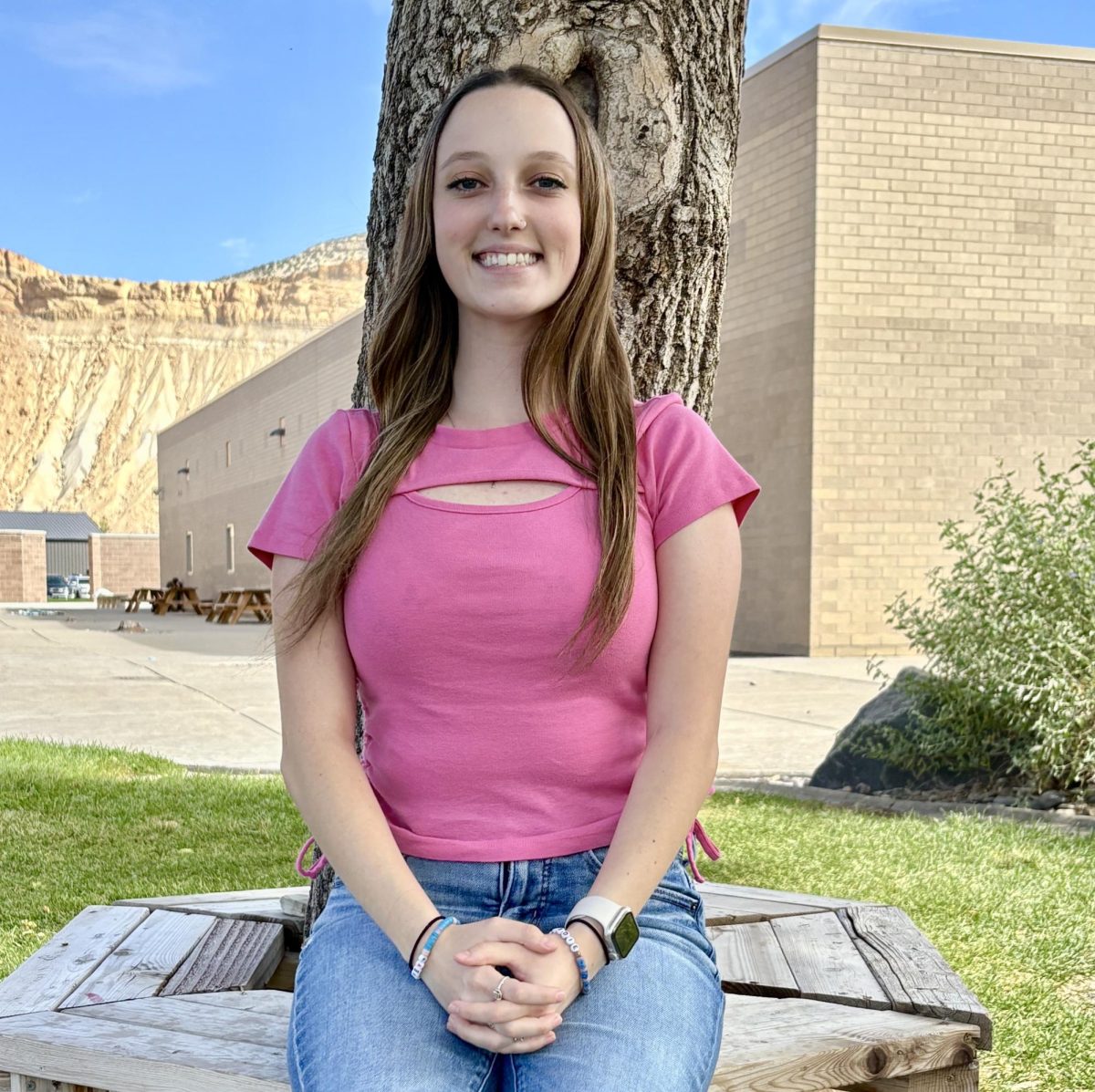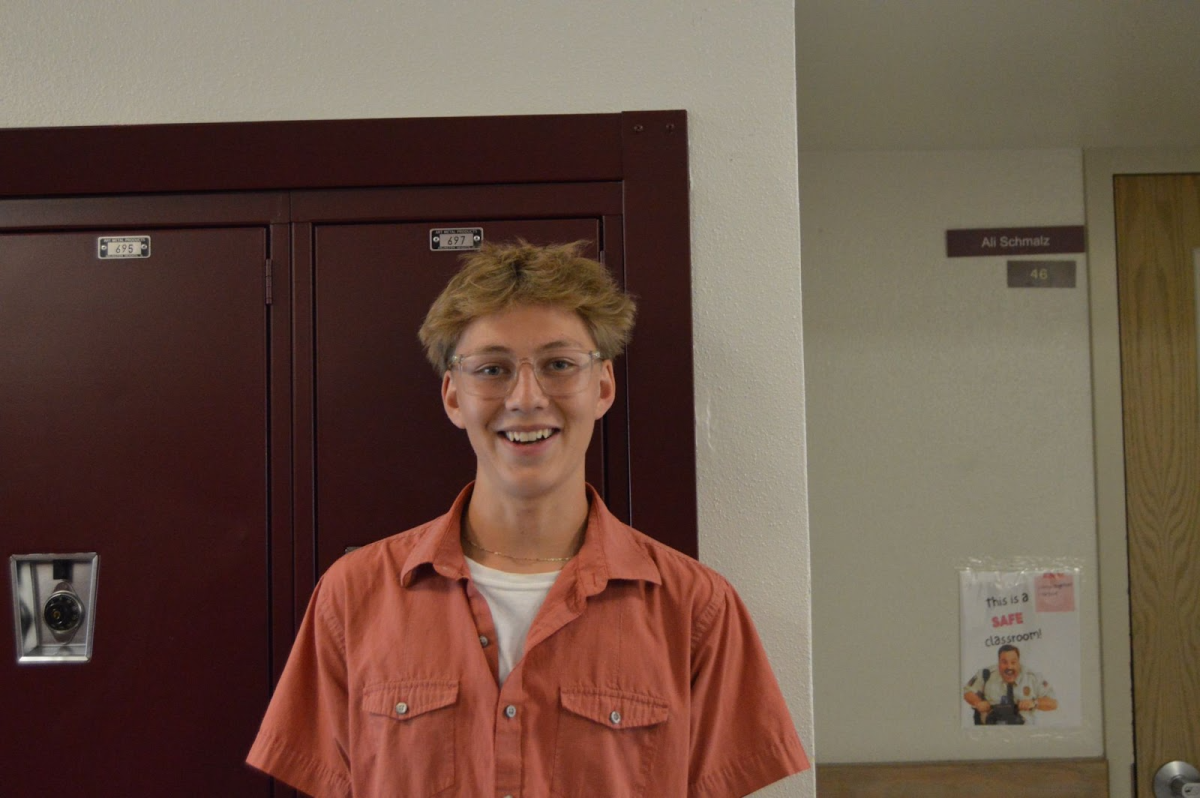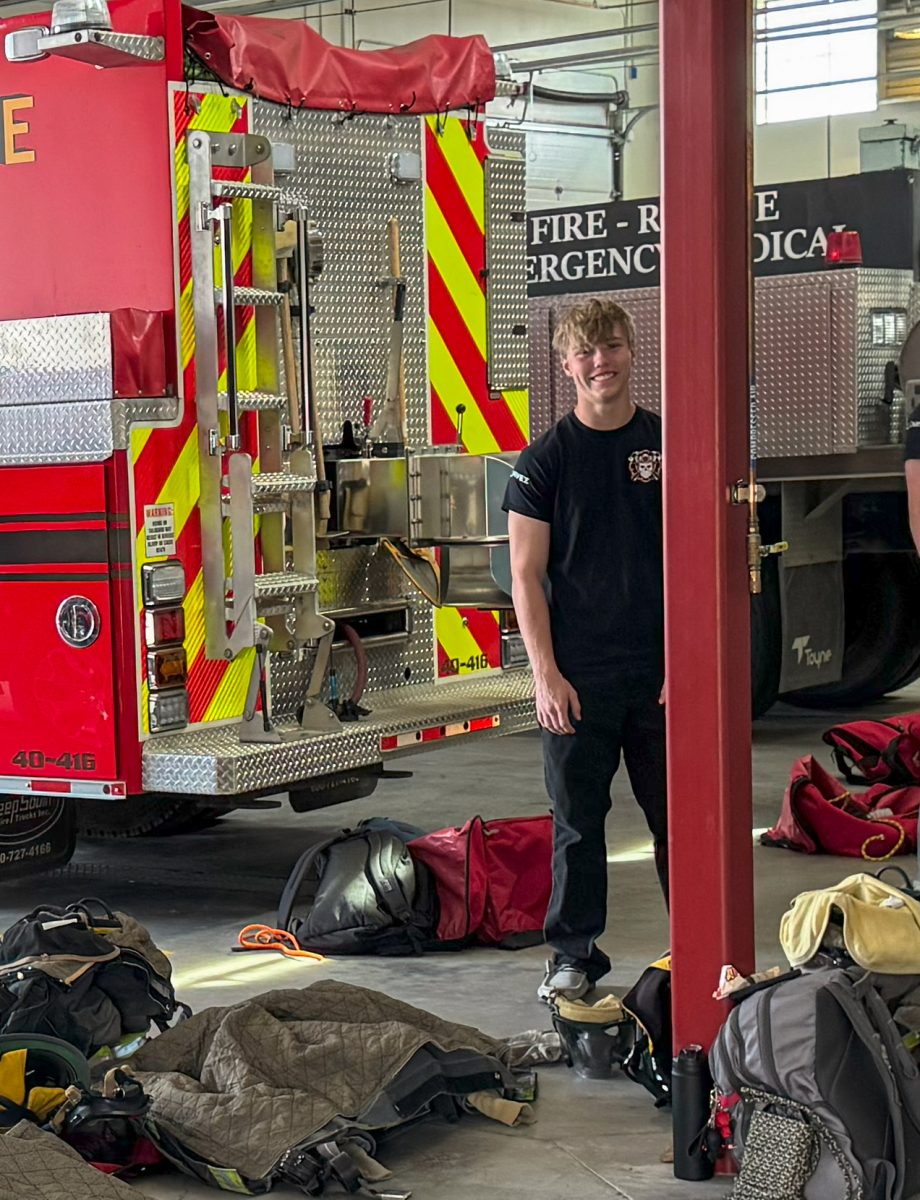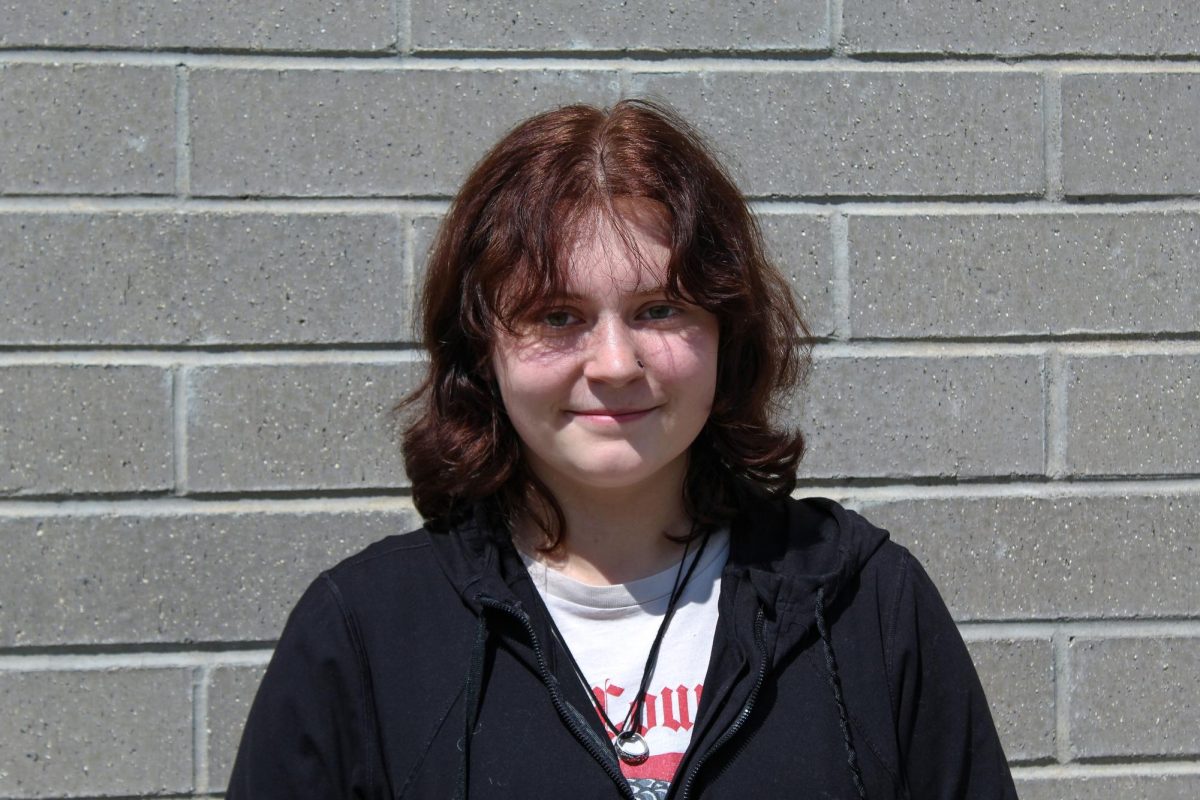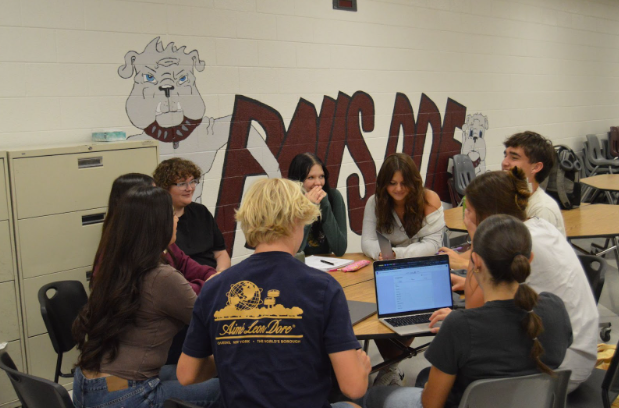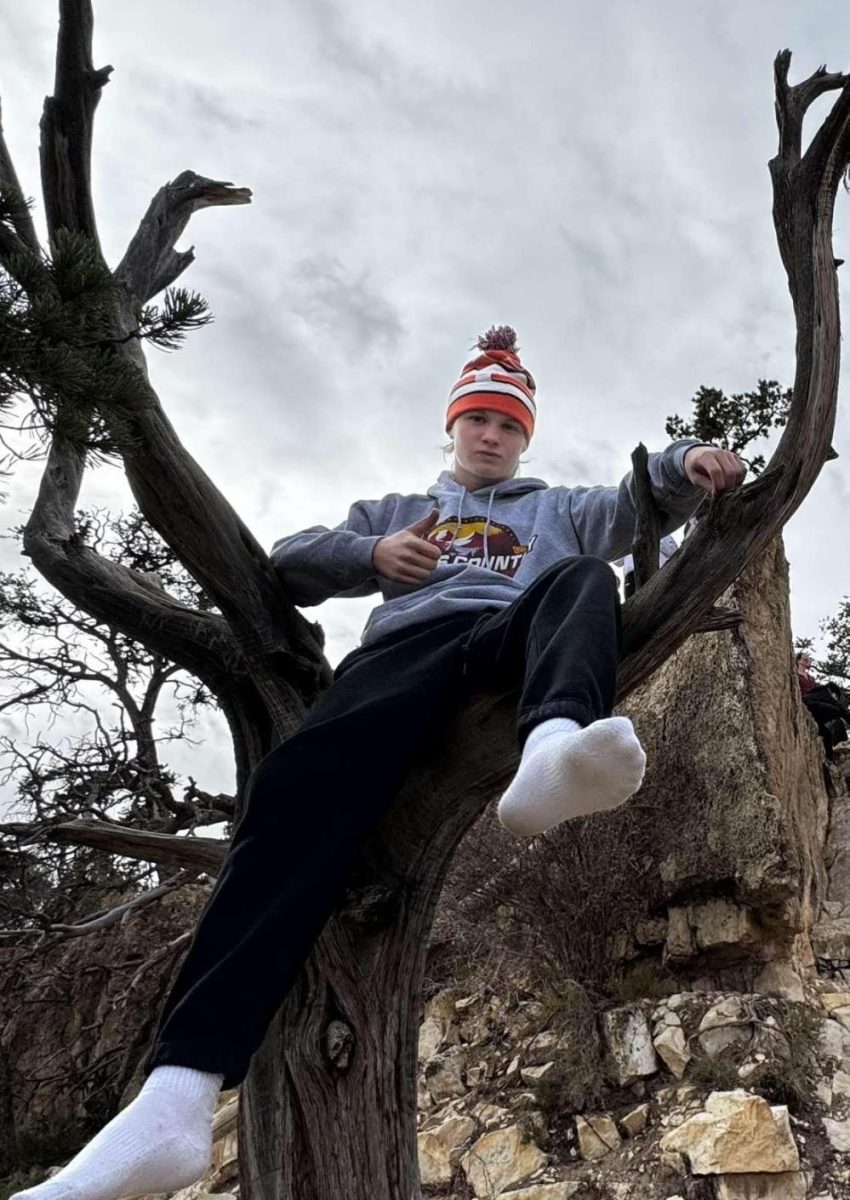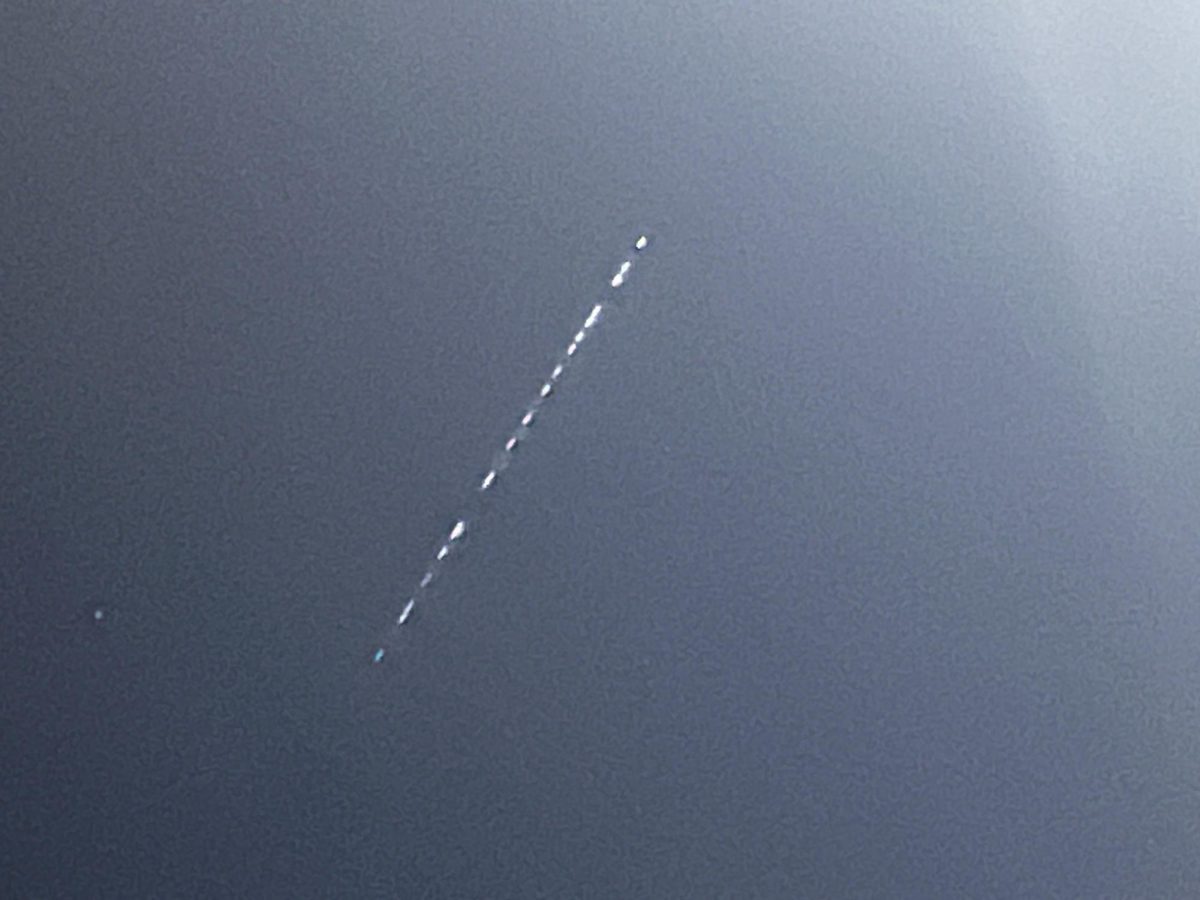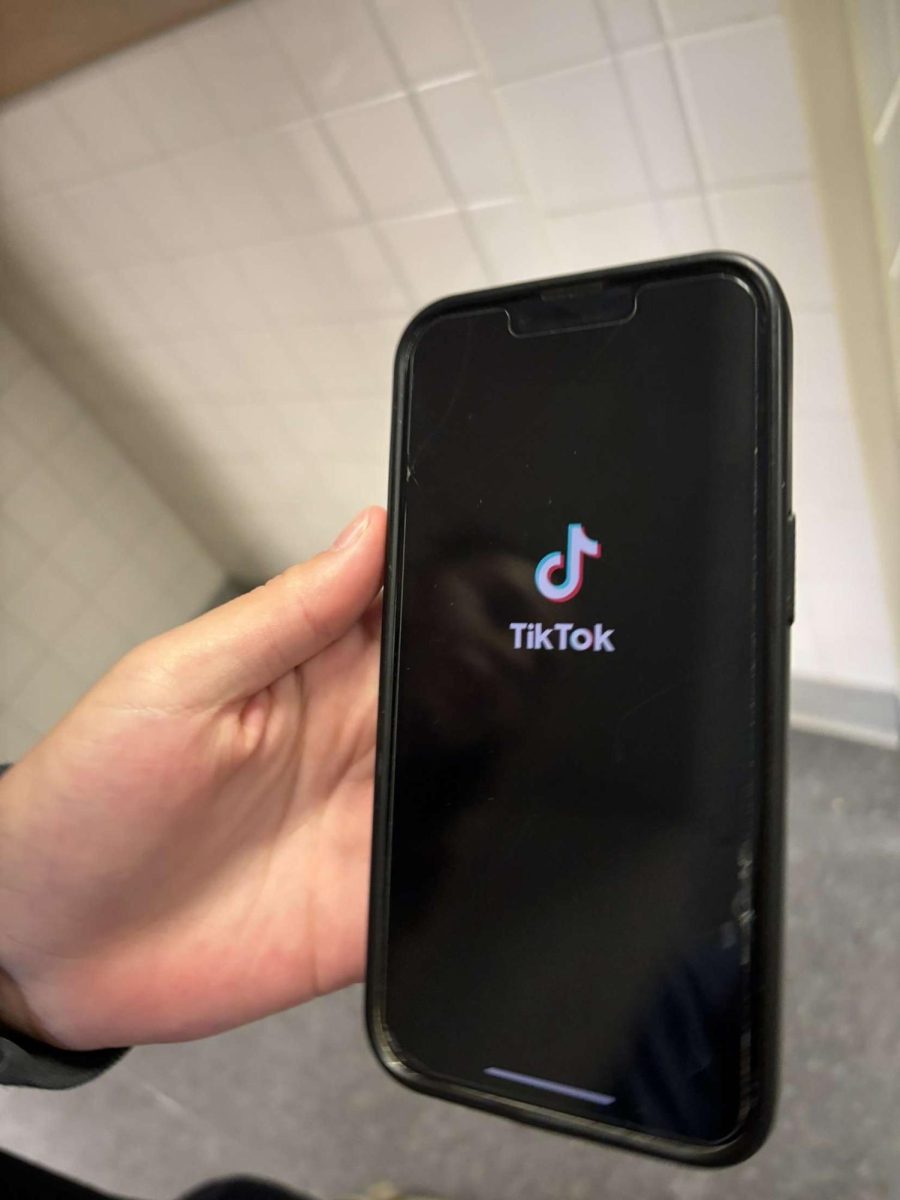In a world where internet connectivity has become an integral part of our daily lives, the potential for providing internet access everywhere seems closer than ever, thanks to projects like Starlink. On a Sunday evening, October 1st, residents of Mesa County were treated to a celestial spectacle as Starlink’s constellation of satellites passed overhead. Pepper Ruzin, a sophomore here at PHS, shared his insights on this groundbreaking initiative in a recent interview.
“If funded right, Starlink should provide internet access everywhere,” Pepper emphasized, highlighting the project’s ambitious goal to bring high-speed internet to even the most remote corners of the globe. Starlink’s constellation of low Earth orbit satellites is designed to do just that, offering the promise of universal connectivity.
Pepper also shed light on the intricate network that powers Starlink. “They communicate with each other and ground beacons,” he explained, illustrating the complexity of the system. However, this complexity comes with challenges. Pepper pointed out that maintaining these satellites can be difficult, as each one must be individually managed and repaired. Questions about their longevity also loom large.
“Depends,” Pepper noted when asked about the sustainability of Starlink’s free and reliable internet service. “High-speed internet, ispaid for by customers” potentially creating competition or industry issues between Starlink and other internet providers.
The prospect of free internet, especially for rural or economically disadvantaged regions, is indeed exciting. Pepper recognized its potential benefits but also highlighted concerns about maintaining it affordably and addressing the issue of space debris if satellites fail.
Pepper’s insights also extended to the functionality of Starlink’s satellites. he mentioned, “Each satellite can pick up data in any significant findings as they are in orbit.” This capability could lead to specific internet coverage and other significant applications.
However, it’s not all smooth sailing for Starlink. Pepper pointed out concerns about the organizations involved and the challenges of retrieving space debris. “Most of it being left in orbit,” raising environmental and operational concerns.
As the Starlink project continues to evolve, it holds the promise of connecting the unconnected. Pepper Ruzin’s interview highlights the potential benefits and challenges of this ambitious venture, reminding us of the importance of bridging the digital divide for all.

